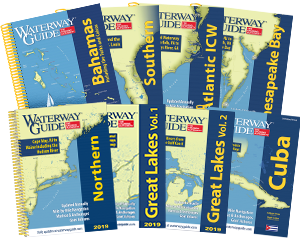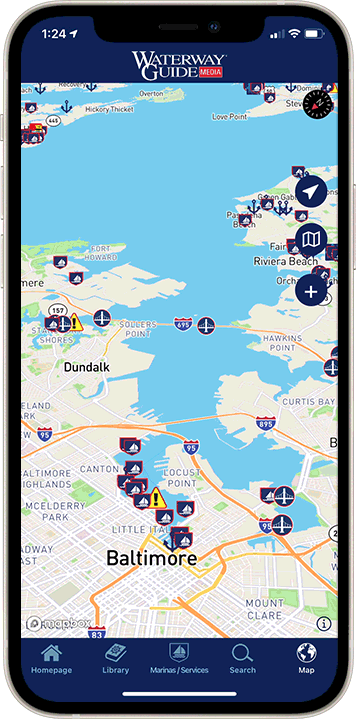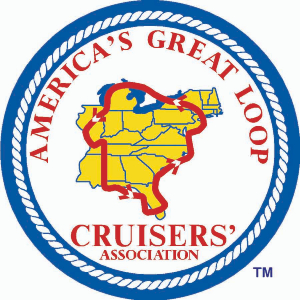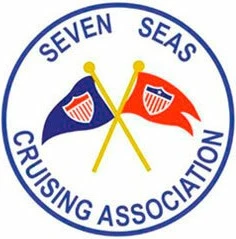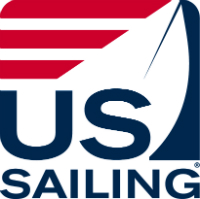The State Affairs Committee of the Florida House of Representatives held a public workshop this morning (October 8, 2015) In Tallahassee FL. During the 2-hour, 15-minute meeting, several people testified as to whether the Legislature should enact new laws to address conflicts between landowners and boaters who anchor near the landowners’ property. State Representatives asked for input on possible legislation to prohibit vessels from anchoring or mooring within a certain distance from the shoreline or seawalls of residential property, time limits for anchoring in one spot or area, or both.
Committee Chair Rep. Matt Caldwell called the meeting to order.
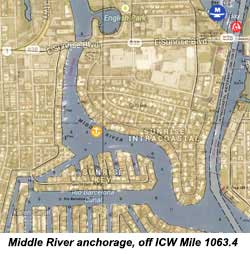
Rep. George Moraitis, Jr. of Broward County (Ft. Lauderdale) was the first speaker. He said he would like these issues to be decided locally, and plans to introduce a bill that covers Broward County only. He said that he has constituents who complain that water skiers have no room in Middle River or Lake Sylvia, and his bill would declare Middle River a "Water Recreation Area" where anchoring is prohibited.
Quinton Waters of the Ft. Lauderdale Marine Police spoke next, saying that the complaints he hears are not about anchored boats' distance from a property. The complaints are about boats that anchor for several months. "We had 38 boats in that little lake...and it's also a ski zone." "We have a boat in Lake Sylvia that has been anchored in one spot for two years." He said that when the boater was asked to move, the response was, "it's the only spot I can get WiFi from the hotel."Waters also spoke about altercations between water skiers and anchored boaters due to wakes, and other incidents.
Vice Chair Neil Combee asked Waters whether the Marine Police "could just wake them out of there," referring to the boater who has been anchored for two years. Waters reiterated that the area is a slow-speed minimum wake area, except for boats engaged in waterskiing (35 mph).
Waters said another issue stems from people who register a number of boats, anchor them, then rent them out like apartments – and as long as they keep them registered there's not much the police can do. He also noted that a homeowner in Miami anchored several small boats to keep boaters from anchoring near his property.
A Sergeant from the Broward County Sheriff's Office spoke next, pointing out the unique nature of the waterways in Broward – mostly canals with very little open area. "A local bill is what we need."
Fred Karlton of Miami Beach spoke next. He said that as weather gets colder up north, boaters come south and park their boats for the winter. "It becomes very dangerous" with too many boats, blocking access to docks, anchored too close and banging into the homeowners' docks and boats. "Our waterways literally become a shantytown," Karlton said. "There's a fishbowl effect at night...these people don't leave, they're dumping their solid waste in our waters...this is their personal playground." He explained that he is the person who anchored 30 small sailboats in the Sunset Lake anchorage behind his house "to protect my privacy." He listed a number of altercations and issues that he has had with boaters anchored in Sunset Lake.
When asked what restrictions he would like in a local ordinance, Karlton said he would like it to prohibit boats to be anchored during night-time hours in residential areas, citing that the mothers and the women are "living behind their curtains."
Chairman Caldwell noted that Miami-Dade County is prohibited by charter to have local bills.
Mark Gold of Miami Beach spoke next, with similar complaints as Karlton. He said he was instrumental in developing a previous anchoring limit ordinance before it was preempted by the State. "We had asked for a 300' setback and a 2-day limit," and the City passed a 7-day limit (before the preemption). He also cited that boaters are dumping their raw sewage into the waterway adjacent to his property.
Rep. Matt Gaetz asked whether any tests had been done to show the extent of pollution from waste in the areas where these boats anchor for months and years. A member of the Florida Department of Environmental Protection was present and said that he would check, but the DEP could also go ahead and do the tests.
David Childs of the National Marine Manufacturers Association (NMMA) spoke next, noting that laws are already on the books to cover the blocking of navigation, harassment, and dumping waste. Childs raised the concern of unintended consequences. He said that some of the issues can be helped by derelict vessel legislation.
Missy Timmins representing Marine Industries Association of Florida (MIAF) spoke next, listing a number of concerns that should be considered, and that MIAF would like a "seat at the table." (She did not mention the recent online survey MIAF conducted.)
Bonnie Bashem of BoatUS spoke next, pointing out that the FWC Pilot Project is ongoing with results to be reported in 2017, and that all the issues discussed today are part of the study. She suggest they should wait for the results. She also noted that a residential setback takes away from the public's rights, and that there's a big difference between the 7 feet or 10 feet being complained about, and the hundreds of feet being proposed.
Craig Kahn of Florida League of Cities spoke next, saying that these issues exist all over Florida. When asked by Rep. Combee how many counties would want anchoring ordinances, he said that he would expect a significant number of them would. He said he supports a minimum standard statewide with the ability for counties to apply for stricter local regulations.

Steven Webster of Citizens for Florida's Waterways spoke next, proposing that mooring fields should use "daisy docks" (left) – where up to 12 boats can sit on a single mooring.
Jim Calvin of Standing Watch spoke, proposing 72-hour limits for anchoring, and that we need to affect the "bad actors." He also warned that Florida is going to be inundated once Cuba opens up. Standing Watch is a statewide boating advocacy group.
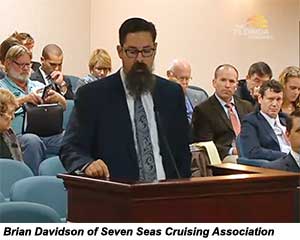
The last regular speaker was Brian Davidson of the Seven Seas Cruising Association (SSCA). He laid out the concerns that cruising boaters have with setbacks that could eliminate many viable, safe anchorages in Broward County – an area where marina slips are not always available and can be very expensive. He also reiterated that laws are already on the books for obstructing navigation, for dumping waste, and for harassment. He said that law enforcement needs more tools and resources to deal with these issues, including derelict vessels. He notes that SSCA has a lot of experts who can help, but setbacks and short time limits are not the answer.
He also raised the issue that there have been no studies of the economic impact of prohibitive anchoring regulations.
When asked about whether the SSCA would support state legislation to solve the issues in Broward and Miami-Dade County, Davidson agreed that there are issues in those localities – not statewide – but he thinks those problems are not being caused by cruising boaters.
Capt. Richard Moore of the Florida Fish and Wildlife Conservation Commission (FWC) was called up to answer a few questions about the Anchoring and Mooring Pilot Program, and whether the laws currently on the books are sufficient to address the issues brought up. He answered that they have a number of challenges – they need to witness any dumping of waste, and if 20 boats show up blocking navigation, which is the one that has to go? Asked whether FWC is going to request two more years of the Pilot Program, he said "no."
The meeting is available to view here.

